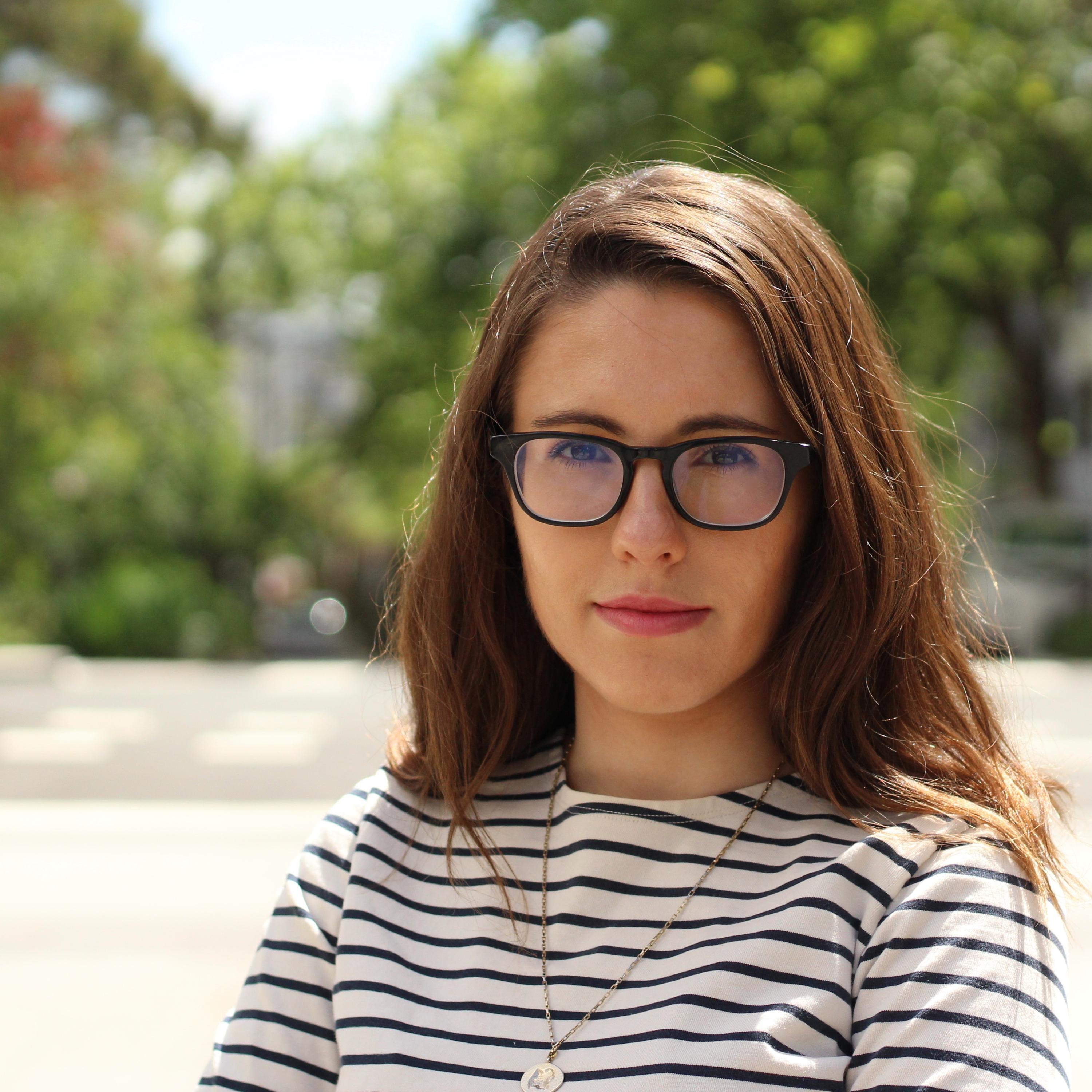Mária Kieferová talks quantum algorithms, studying a PhD at two universities and keeping up with industry. The Institute for Quantum Computing’s Achievement Award is given to a University of Waterloo graduate student who studies quantum information and has achieved excellence in research. The latest winner, alumna Mária Kieferová, talked with us about her PhD thesis, the award and what’s next for her in the world of quantum.
Q: Congratulations on your IQC Achievement Award Mária. Could you talk about the research that got you to this point? What did you study?
A: I studied Physics (BSc) and then Theoretical Physics (MSc) at Comenius University in Bratislava, Slovakia. I did internships in IQC as a masters student with Michele Mosca and Nathan Wiebe, which made it easier to come to Waterloo as a PhD student in Physics.
Q: What is the significance of your PhD research?
A: Even though we know that quantum computers can asymptotically outperform classical computers on a number of tasks, they are still a bit far from solving difficult practical problems. It is therefore imperative to make quantum algorithms as efficient as possible. I focused on devising new algorithmic techniques that can be used for a variety of applications, for example in machine learning or chemistry. I like that I can make an impact while learning about new applications of quantum computing.

Q: What challenges did you face during your PhD?
A: I enrolled in a Cotutelle and Joint PhD program between the University of Waterloo and Macquarie University halfway through my studies. It allowed me to spend half of the time in Australia and work in Dominic Berry’s group. However, the agreement between universities turned out to be quite complicated and it took 6 months longer than we initially expected. Another difficulty arose when I was moving back to Canada to defend my thesis and needed to synchronize my graduation from both universities. Fortunately, both my supervisors and admin staff were very supportive and I managed to graduate on time. I think cotutelle is a great opportunity to experience research in two very different environments but I wish it would not be so administratively difficult.
Q: What got you interested in quantum physics?
I was lucky to meet a lot of physicists and physics students through the Young Physicist Tournament and a Slovak competition called Physics Correspondence Seminar when I was in high school. Thanks to them, I learned that physics isn’t about memorizing formulas and plugging in numbers.
They also taught me bits of quantum physics and quantum information — I remember being very confused by the CHSH inequality. During that time, an older friend advised me not to work on quantum information under any circumstances, which obviously piqued my interest in quantum information.
Q: How did you start studying quantum information science?
A: I chose to do a bachelor project in quantum walks because it combined my interests in quantum physics and theoretical computer science, and I have stayed in quantum computing ever since. I was lucky that there is great quantum information group in Bratislava. I spent over three years there and learned so much from my former supervisor Daniel Nagaj. I like the challenges in quantum computing research and the community working on them.
Q: What does receiving the IQC Achievement Award mean to you?
A: I’m very happy I studied at IQC. Being a woman and from a small country, I have never felt like I belong to the scientific community. Being awarded for my research means that I am doing alright after all.
Q: What’s next for you?
A: I started a postdoc at the University of Technology Sydney, Australia, working for Michael Bremner. I continue working on quantum algorithms, but I am also learning about complexity theory and the possibility of connecting quantum computers through a quantum internet one day.
I’d like to continue in academia, and Sydney in an exciting place to be right now. At the same time, I would like to keep in touch with the progress and the interesting problems in the industry. To do that, I started working part-time with my friends in Zapata Computing on developing software for near-time quantum computers.